CSUN Celebrates 47 years of EOP and Honors Late Director José Luis Vargas
For 47 years, the Educational Opportunity Programs (EOP) at CSUN have changed thousands of students’ lives, the majority of whom are from historically underrepresented, disadvantaged and low-income backgrounds and often the first in their families to go to college.
CSUN community members celebrated National EOP Month with speeches, music, food and games Sept. 28 on the campus’ Bayramian Lawn. They also honored the legacy of the late José Luis Vargas ’74 (Sociology), M.A. ’75 (Educational Psychology and Counseling), who had directed the program from 1994 until he passed away March 19, after decades of involvement with the program.
“EOP has changed the lives of thousands of students who might not have thought college was for them,” said Shiva Parsa, interim director of EOP. “We are so proud of our students and the program. We will not only continue the legacy of José Luis Vargas, but we will evolve and build on the strong foundation he laid for us.”
EOP was officially founded in 1969 as a result of student activism, fighting against inequality and discrimination in higher education. CSUN, which has one of the oldest and most respected Educational Opportunity Programs in the CSU system, reached new heights during Vargas’ administration. He served as chair of the CSU EOP Statewide Directors, and worked closely with the CSU Chancellor’s office on policies to help historically low-income students from disadvantaged backgrounds. He often was called upon as a consultant on various issues, not only at CSUN but by EOP officials across the nation.
As a student, Vargas was part of the very first Summer Bridge Program, one of numerous transitional programs at CSUN. During his tenure as director, EOP’s transitional programs — which provide special orientation workshops, classes and tools that help students navigate the university — expanded to include more students and segments, including Transfer Bridge, Commuter Bridge and Fresh Start. The Resilient Scholars Program, which provides support to former foster youth, was launched, and Vargas was involved in the foundational work for CSUN’s new Dream Center.
EOP Academic Liaison Glenn Omatsu, who is also a professor of Asian-American studies, said Vargas created a culture of innovation that allowed for academic experimentation and growth. Omatsu, who started teaching Bridge classes in 1995, was the first to introduce student peer mentoring in his classes — now a core practice of EOP.
“[Vargas] always talked about how every moment is a mentoring moment,” Omatsu said. “Now we have a community of mentors who serve the students and each other.”
Junior Brittney Washington, a communication studies major who is an EOP Bridge mentor, said EOP created a place of belonging and helped solidify her place in college.
“EOP provided a family away from home,” Washington said. “I’m surrounded by people with similar experiences, and we can rely on each other for that support. A lot of us commute, so when we go back and forth from home, it can be hard to reach out for that support. It’s nice to have that community on campus.”
She said mentoring students is a way to give back to the program, but also enriches her experience as a student.
“I feel like I get more from the students I mentor than what I could possibly give them,” Washington said. “I learn so much from them, it’s a reciprocal process.”
Sophomore sociology major Ashley Moran, who is a first-generation college student, came to the university through the Summer Bridge Program in 2015. Moran said EOP expanded what she thought was possible in her life.
“None of my family went to college, so I didn’t have people to guide me through the college experience,” Moran said. “With EOP, I have role models and mentors all around me, people who have overcome [challenges] and are successful in college. In high school, they would tell me that I would just go to community college or start working, but here they tell me I can do whatever I want — that I could not only get my bachelor’s degree, but go on to get a master’s degree and even a Ph.D if I wanted. It gives me hope.”
Provost and Vice President of Academic Affairs Yi Li spoke highly of Vargas, congratulated EOP on its long history and said he looked forward to a strong future for the program.
“The great support and the achievements of our students, staff and faculty at EOP are demonstrations of all the wonders that can happen when higher education can impact individuals one at a time,” Li said. “We are so proud of what you have done and very confident of what you will be doing in the years ahead.”



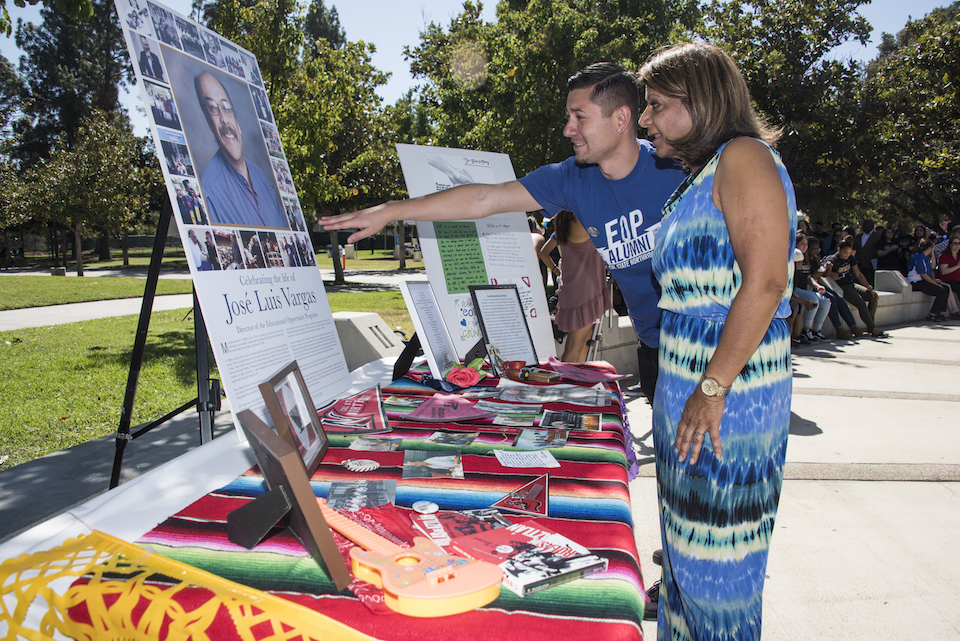
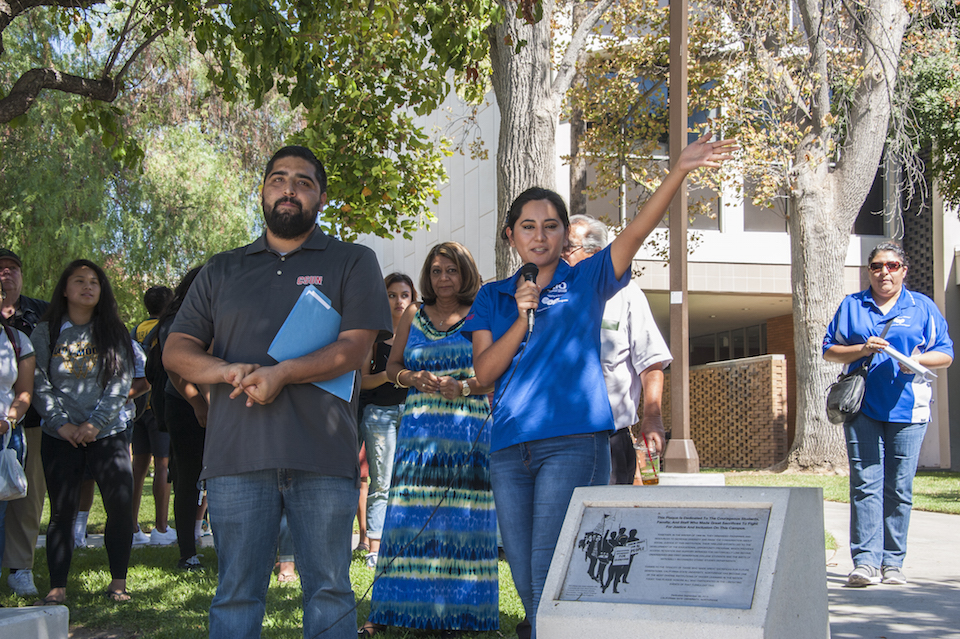
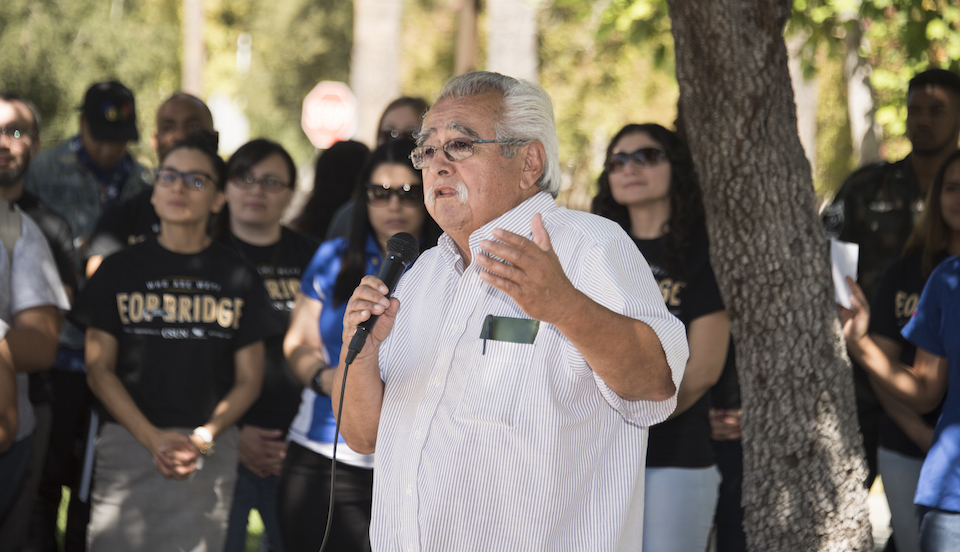
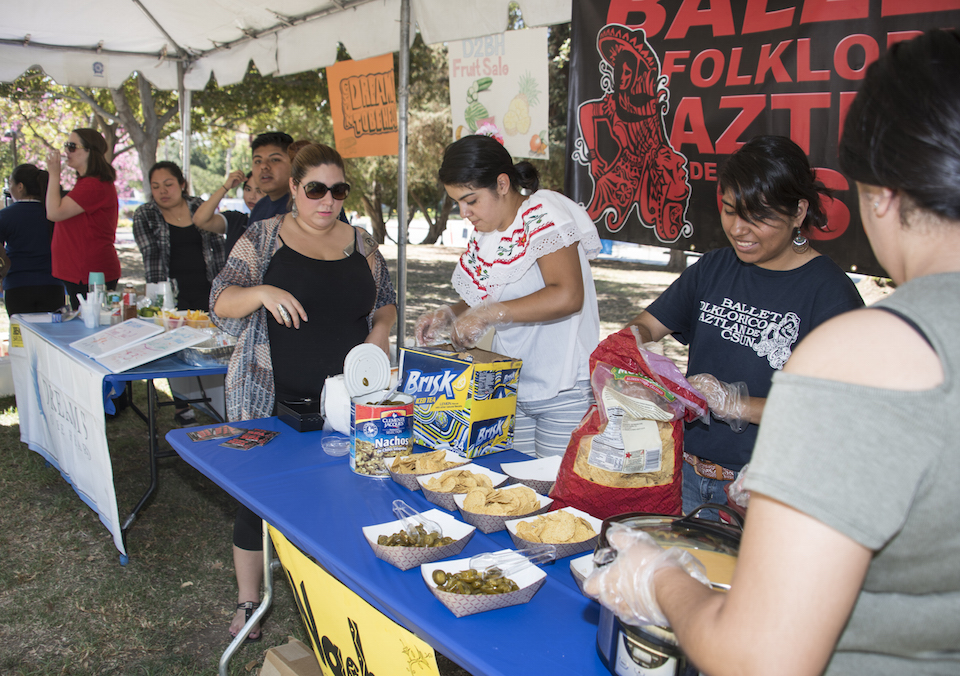
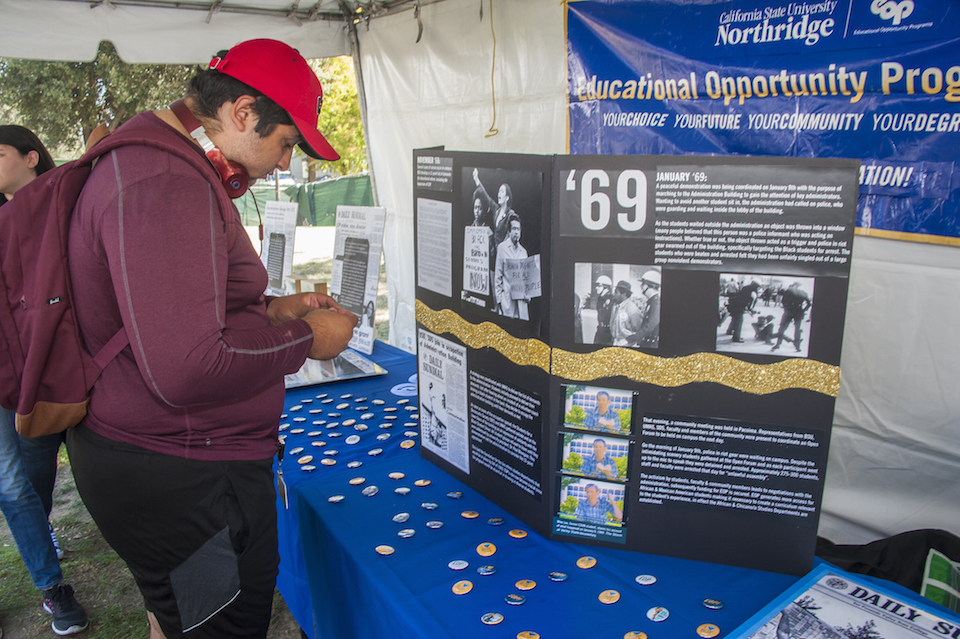
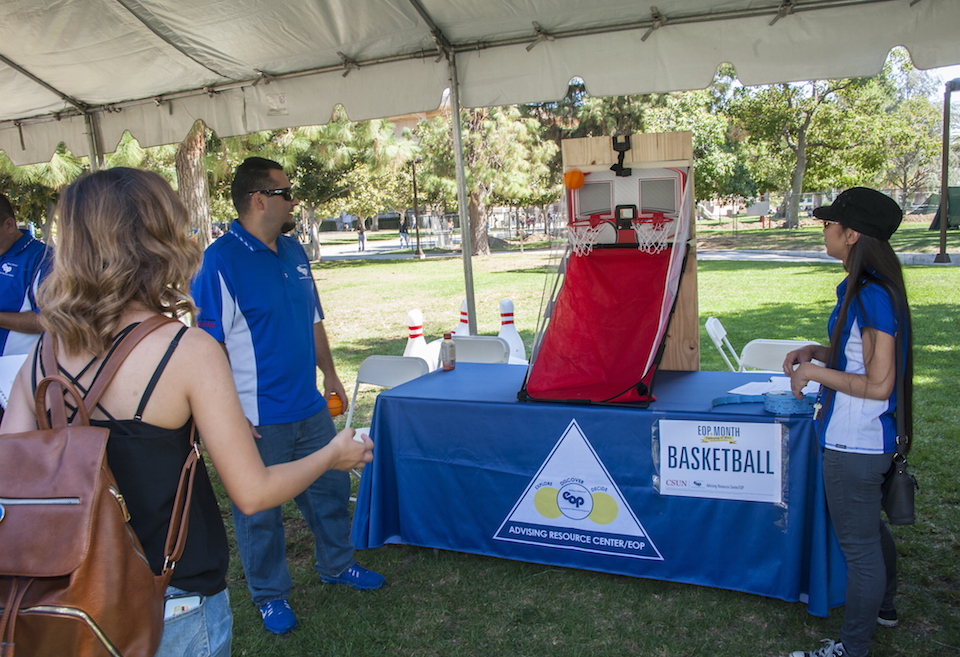
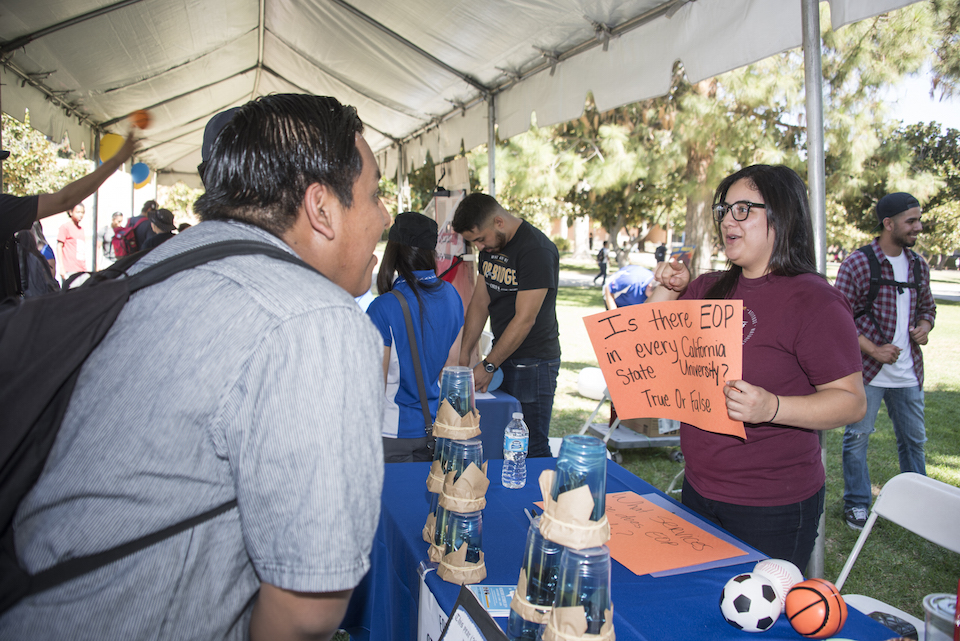
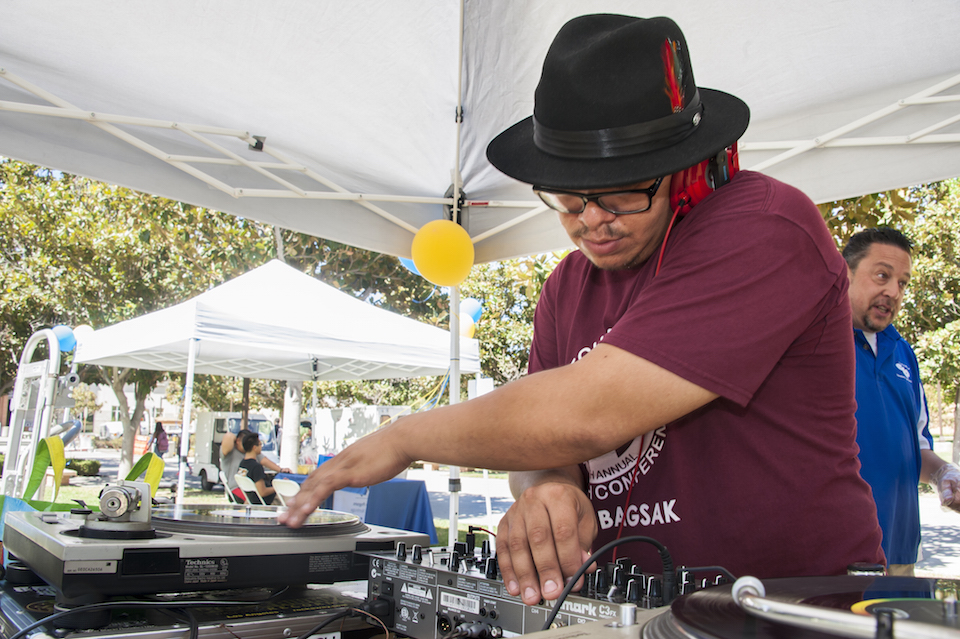
 experience
experience